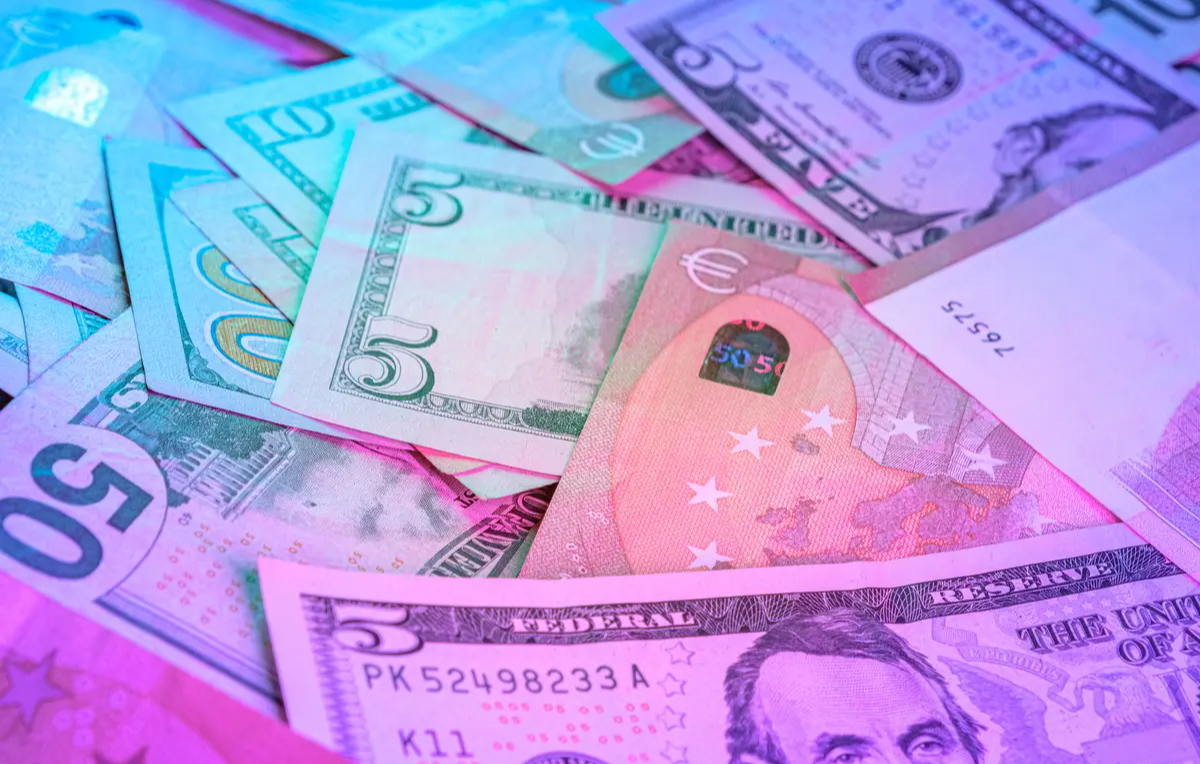Market Expects ECB Rate Cut as USD/JPY Strengthens
Advertisements
In recent weeks, the global financial landscape has been heavily influenced by speculation surrounding the European Central Bank's (ECB) potential interest rate cuts. This anticipation stems from a combination of factors, notably easing economic growth and persistent inflationary pressures. As market participants mull over the likelihood of rate reductions forthcoming from the ECB, notable reactions have been observed across various currency pairs, particularly with the dollar-yen exchange rate taking center stage in discussions.
Meanwhile, the Australian dollar has experienced a sharp decline against the U.S. dollar, triggered by a more subdued outlook from the Reserve Bank of Australia (RBA) regarding inflation. Current market estimates place the probability of a 25 basis point cut from the Federal Reserve at 86%. However, traders remain vigilant, awaiting the upcoming consumer price index (CPI) data which is slated for release on Wednesday. This data will play a crucial role in shaping investor sentiment and future monetary policy expectations.
In currency movements, the dollar gained 0.47% against the yen, pushing the pair to 151.925. Conversely, the euro lost 0.27% to settle at 1.0526 against the dollar. Market analysts express that substantial volatility is unlikely as participants await the U.S. economic data, as well as the ECB's policy meeting later in the week.
Present predictions indicate that the ECB is almost certain to enact a 25 basis point reduction in interest rates; however, the clarity of communication from the bank is becoming increasingly important. Insights gleaned from central bank communications may provide critical hints regarding future policy actions and direction for the euro.
On the other side of the Atlantic, both the Bank of Canada and the Swiss National Bank are scheduled to announce their monetary policy decisions, with expectations for significant rate cuts from both entities on Wednesday and Thursday respectively.

Since 2022, the ECB has incrementally raised interest rates in a bid to combat the soaring inflation across the eurozone. Despite these continuous hikes, the region’s economy has struggled to regain its previous growth trajectory, with inflation anticipated to remain above targeted levels into early 2024. This scenario presents a multitude of challenges largely arising from external pressures including global supply chain disruptions and geopolitical conflicts, igniting speculation around the ECB pivoting towards a more accommodating monetary stance.
As the market anticipates these shifts, the euro's performance has been notably affected. The heightened expectations for a rate cut are manifesting in a clear depreciation of the euro relative to the dollar. Given the dollar's status as the world's primary reserve currency, its fluctuations have attracted significant interest, especially amidst a backdrop of global economic uncertainty, where the dollar often benefits from safe-haven inflows.
Another critical focal point within the realm of currency trading is the dollar-yen exchange rate. Over the past several months, the dollar has tracked higher against the yen, particularly in light of the strengthening belief that the ECB will lower rates. This sentiment has rendered the yen's performance increasingly weaker. Historically, the yen has served as a preferred safe-haven asset amidst market turbulence, yet ongoing weakness stemming from Japan's economic performance paired with the Bank of Japan's steadfast approach to maintain ultra-low interest rates has begun to undermine this traditional status.
One noteworthy element contributing to the depreciation of the yen is the divergence in monetary policies between the Bank of Japan and the major central banks of Europe and the U.S. While other central banks have moved towards tightening their policies to counter inflation, the Bank of Japan has opted against adjusting its zero interest rate framework, amid a backdrop of an increasingly expansive monetary environment globally. This persistent divergence has contributed to widening interest rate differentials, exacerbating the upward trend of the dollar against the yen.
The U.S. economy has demonstrated impressive resilience over recent months. Despite grappling with inflationary pressures, overall growth rates remain robust, further fueling demand for the dollar. Consequently, the strength of the dollar against the yen provides a snapshot of the robust economic performance in the U.S. while also reflecting the ongoing struggles facing Japan. As market anticipation for the ECB’s potential rate cuts continues to swell, the upward trajectory of the dollar-yen exchange rate may likely sustain momentum in the near term.
Under these circumstances, investor attention is sharply focused on the dollar-yen exchange rate's future trajectory. With escalating expectations surrounding the ECB's decision-making, the question remains whether the dollar-yen can maintain its upward momentum. Consensus among analysts suggests that the dollar's firmness against the yen is poised to continue in the short run and potentially witness further advances over the upcoming months. A potential escalation in this trend may spur vigorous activity as traders navigate this complex interplay of monetary policies and global economic signals.